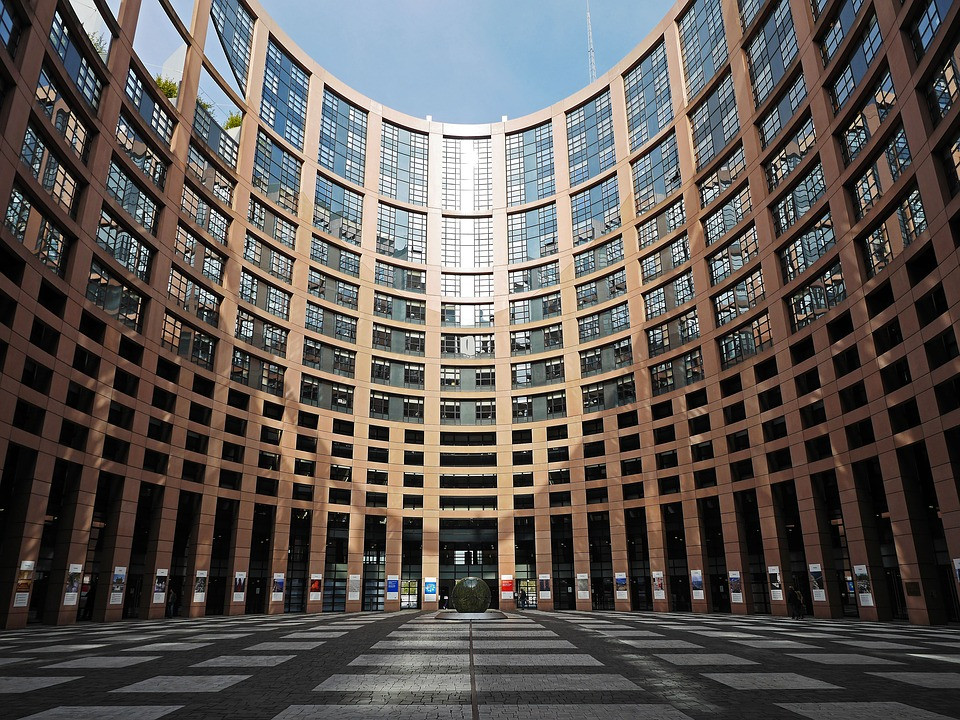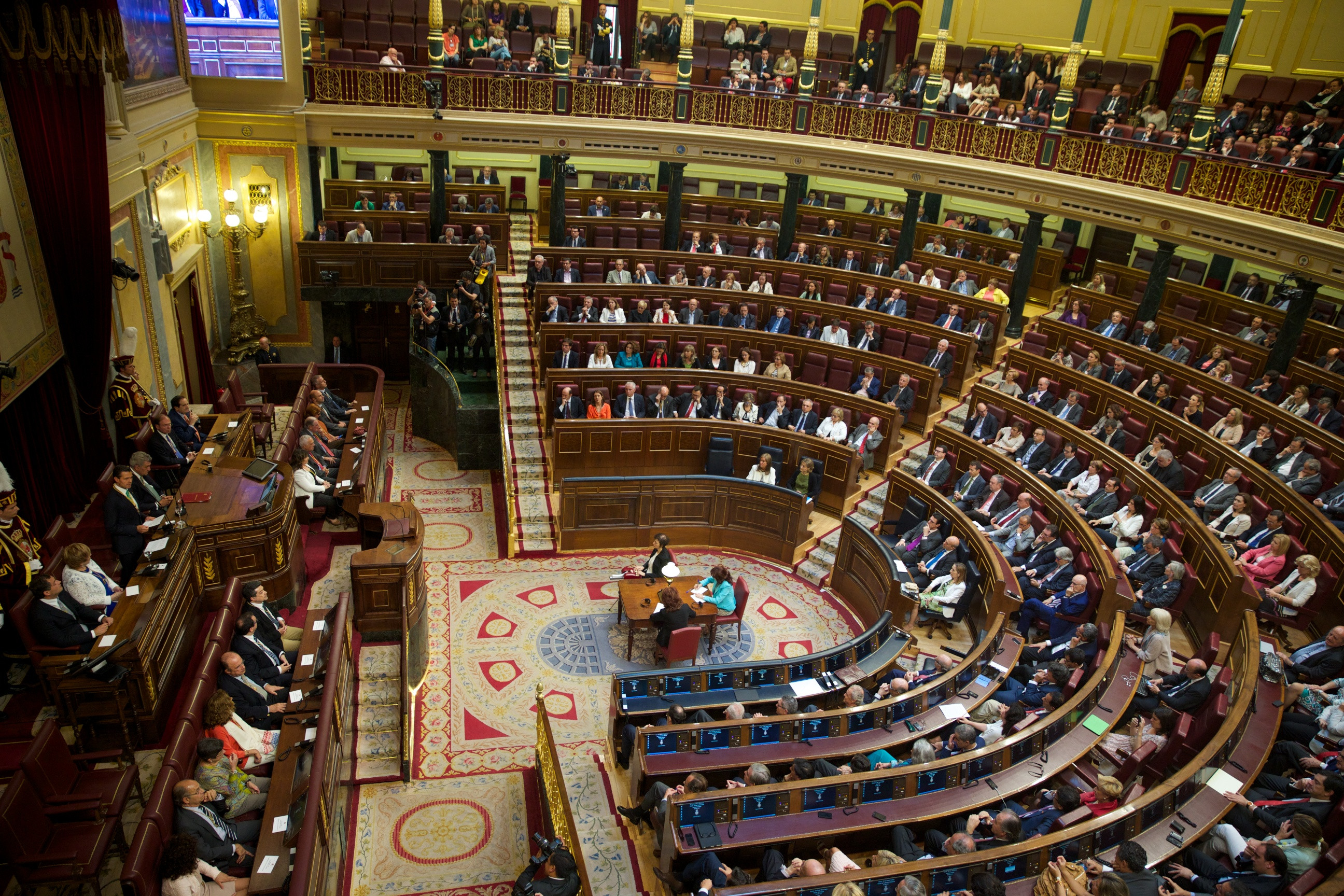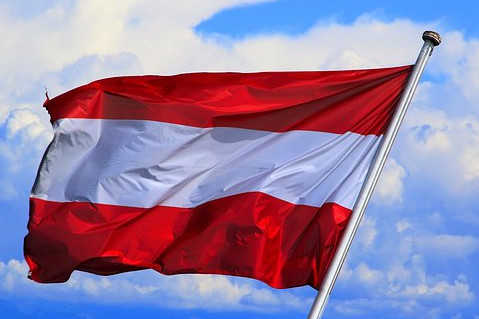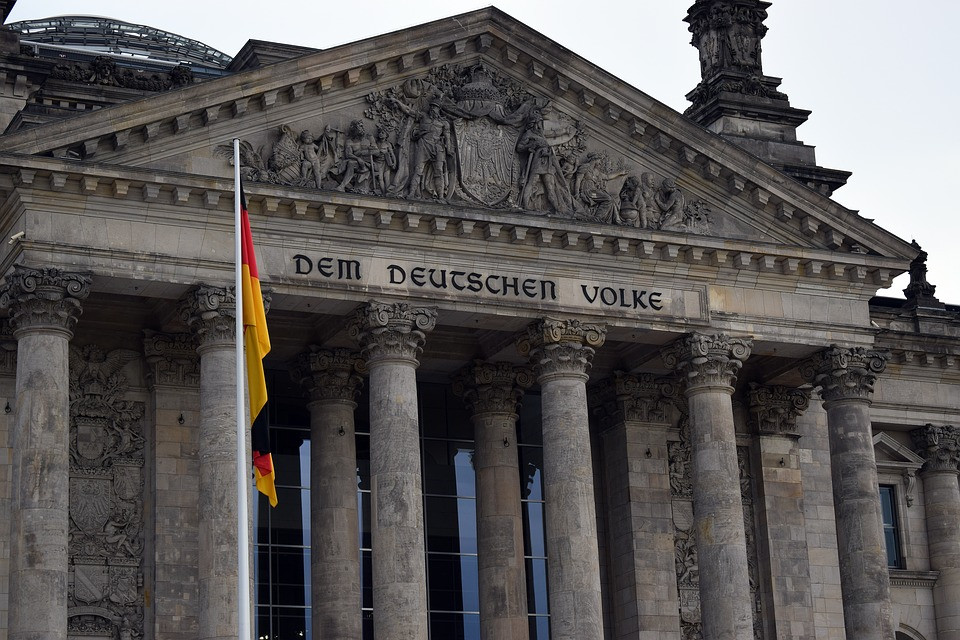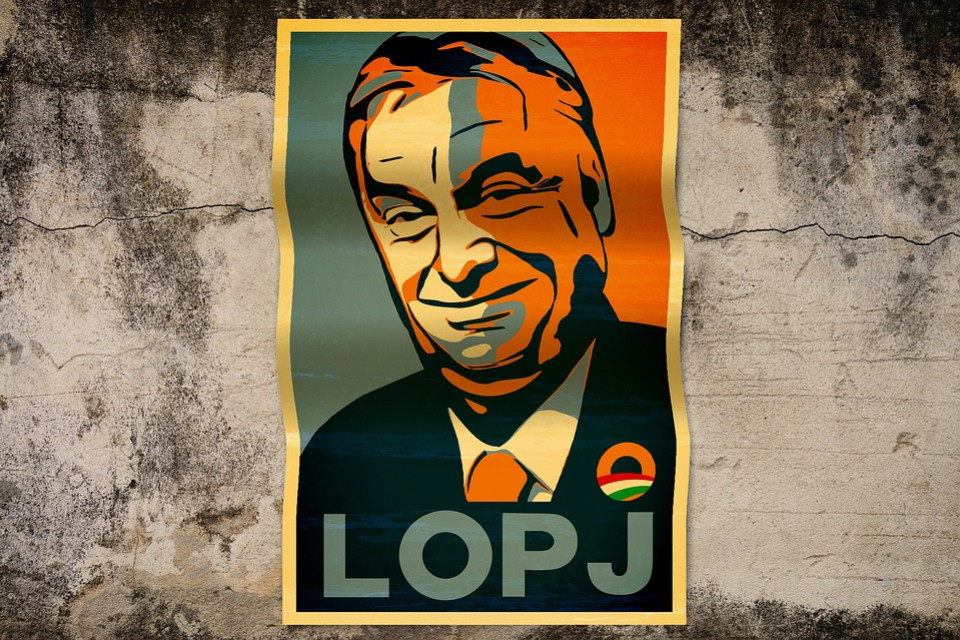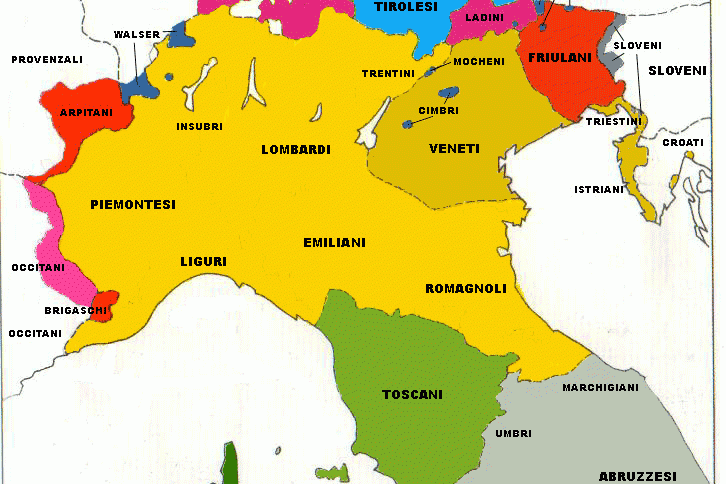I arrived at the European Parliament in 2009. In exact coincidence with two events that have acquired historical resonance. On one hand, the entry into force of the Treaty of Lisbon, which finally put an end to a long and separate European constituent cycle that had run aground on the failed French and Dutch referendums (in two founding countries of the European construction) of the unborn Constitutional Treaty for Europe (the same as the Spaniards, we voted favourably in a referendum convened, February 2005, during the Zapatero Government in which I was Minister of Justice). On the other hand, the engulfing of the EU in the worst crisis in its history: the one that started in the Great Recession that began in 2008, then became a European glaciation. A crisis that was not -as we were misleadingly told- financial and economic (This is, of "sovereign debt" and "governance of the Euro"), but was as it was revealed, from the beginning it was a political crisis, of the European project, will and identity.
Throughout its mismanagement -which aggravated the crisis, singularly as a result of the recessionary austerity imposed by the hand of a broad conservative hegemony at the helm of the EU-, it unleashed not only a crude settling of accounts against the best of the EU (our "social model", which was the raison d'etre of the European construction, and against our community acquis (accumulated legislation, legal acts, and court decisions) in which the free circulation we knew as Schengen was the most valued asset by the general public); but as a consequence it would also end up producing an impoverishment of the middle classes and an unprecedented impoverishment of the working classes. And, consecutively, in close causal connection with the brutal exasperation of inequalities, a deep social malaise and a transverse anger (particularly fierce in the younger generations, deprived of hopes and expectations of decent employment) that would end up giving rise to successive political and electoral cataclysms: they are those that we have suffered, cumulatively, both in the European elections of 2014 (where the Europhobes never gained ground) and in the Member States throughout the EU! One of its expressions has been the multiplication of Far-Right seats, reactionary nationalism and rampant populism, often threaded into discourses and moments of national-populism.
THERE ARE MANY SIMILARITIES BETWEEN NATIONAL-POPULISM AND FASCISM
In these turbulent times about which so much has been spoken and written, this warp in which -after suitable reinform, of course- the Far Right and populisms merge, we clearly notice that -together with other common denominators between those who claim to be in distant positions or be ideological hybrids- these extremist and populist formations of all forms, fashions and kinds, flourishing everywhere, share common features.
A summarized synthesis of this:
a) -The complex has been simplified, opposing to the enormity of the challenges of globalisation or the digital economy "effective solutions" of cheap simplification ("it is sovereignty that steal from us"!), Wrong recipes as useless as they are stupid (in response to real problems, and a well-founded anger);
b)-They point to scapegoats ("immigrants, gypsies, Muslims, Jews, foreigners, refugees, southern Europeans, politicians, the "caste"!);
c) -Formulate political proposals that abominate any external control or counterweight institutions (including in their rejection of State organs, independent Justice system, the media, and the caricatured parties as "old" or "traditional"), as well as how they reject outright any intermediation between representatives and represented, advocating a "direct", immediate and personal link between the "leader" and their "people", the virtuous embodiment of the "oppressed", "from below", in a mass of people in movement and revolt against the "privileged", "from above";
d)- They thus exalt a supposed "direct democracy" of "assembly" and "plebiscitary" exercise in response to representative constitutional democracy, which is execrated as "outdated" or "corrupt".
As can be immediately seen, the similarities and analogies between these national-populist outbursts and the aggressive fascist grandiloquence that played havoc with the first third of the "forgotten 20th century" about which Tony Judt wrote, and which collapsed, are simply frightening to all of Europe, and to all of humanity, to the bloodiest nightmare that history has ever known. Aggressive nationalisms leading the world to war and total catastrophe in an orgy of blindness and destructive delirium.
Hence, logically, that -as the fascist dictatorships tried last century- both extremists and populisms like direct appeals to the "the people"/"the masses" ("Ein Volk, Ein Reich, Ein Führer! ") And, consequently, adore referendums, summoned, of course, from the power that upsets them in" plebiscitary consultations "of reconfirmation of the supreme leadership (both Hitler and Franco won all the referendums that they called by a landslide at the time to "legitimize" strategies which had already been adopted).
CONTEMPLATE REFERENDUMS WITH REASONABLE GUARANTEES
In effect, referendums are is easily and compliantly subjected to the populist strategy and the "irresistible rise" of the Far Right:
a) Simplifies the complex, narrowing multiple options and aggregations of interests in presence or in conflict with a reductive and simple binary confrontation - "YES" or "NO" -, without scruple or restraint in face of the difficulty of managing the day after a plural society that has been fractured on a single axis or bisector;
b) - It encourages the legitimization of the convening authority, from its control of public (or coercive) resources that can induce or even predetermine the result: this is when the referendums become "plebiscitary" (which are won or lost according to the majority support the proposal advocated by the ruler, or are disapproved).
Therefore it is not strange that European constitutionalism invokes the general principles of EU law as its basis and its connection with the "common constitutional traditions" (Art.6 TEU) synthesized in the so-called "Copenhagen criteria" (for having been established under the Danish Presidency in 1993) (Art.2 TEU): Constitutional state, rule of law, majority rule, protection of minorities, representative democracy and judicial guarantee of fundamental rights. Nor should it surprise us that the European democratic constitutionalism and its European Member States contemplate referenda with reasonable guarantees (for example, as exemplified by the provisions of Article 92 of the 1978 Spanish Constitution). It is easily understood that the claim -repetitive, crippling, until it becomes obsessive- to call a referendum as a supposedly "democratic" channel (even though it is divided into two opposing halves, confronting democratic societies) for a "decision" by an eventual "favourable majority" (however circumstantial this may be, and however narrow the margin of vote that that the majority may impose), alert the observer to the dangers intrinsic to populist drifts in established democracies, or to reactionary leaders' slide towards rampant populism, ultranationalists or those openly opposed to the basal principles of democratic pluralism. For example. let's say that we are speaking about the Putinization of Hungary and the Orbanization of Poland...
Well, in the course of my years of work in the European Parliament -five of them (2009-2014) chairing the LIBE Committee- I have many times explained my deep concern about the fascistizing drift that many Europeanists see in the proliferation of episodes of hatred and hate, harassment, violence and discrimination against entire categories of people previously identified as "different" from the rest. It is a sequence of regressive eruptions that are making their way across the length and breadth of the EU. Frequently victimizing these people and the most vulnerable groups of a increasingly unequal and unsupportive European society (thus contrary to the "united" mandate of Art.80 TFEU), as exemplified by the rise of aporophobia (rejection against the "poor" "), and hate discourse (Hate Speech) against minorities, refugees and migrants. Thus, for a long time now, all the alarms have been giving out of signs of intolerance and of virulent denial of the dignity of the "others" and of the differences in particular segments of complex societies in each Member State of an EU, which is only based on and explainable as a civilization in rights and shared democratic values.
THE GHOST OF NATIONAL-POPULISM
The dynamics that led to Brexit were not alien to any of this. However, neither to the aggravated situation in Catalonia, where nationalism and populism embrace each other; and by the way they are doing this in the heat of the proliferation of so-called Fake News, mass-produced false news, how -not from Russian trolls and computer terminals...- with the stated objective of encouraging division and fracture in Europe and to undermine stability in the European Member States; and consequently, undermine the European project and EU integration. Nor is it oblivious to the virulent power of reactionary populism in the successive national elections in the European Member States in the last two years: The Netherlands (PVV, Geert Wilders); France (FN, Marine Le Pen); Austria (FPÖ, Heinz-Christian Strache); Germany (AfD, Alexander Gauland and Jörg Meuthen); Italy (M5Stelle, Lega Nord,...), United Kingdom (UKIP, Nigel Farage), Greece (Golden Dawn), Belgium (VB), and so on.
One hundred years after 1917, a ghost hovers over Europe. However, it is not the phantom of communism in Marx's Manifesto (1848) that inspired the Bolsheviks. It is the ghost of populism, a populism often tinged with reactionary nationalism. What comes next is for us to refresh some important lessons. The first is that no right or freedom is ever conquered forever. Neither in the European Union. The second is that it is a sad paradox to maintain resistance to a regime that has already died by resuscitating its ghosts. And this can happen to anyone who maintains an anti-Soviet or anti-Russian rhetoric imitating the Putin regime, or who maintains an antifascist or anti-Franco rhetoric forty-two years after Franco died! Whenever some instance of political power invokes a restriction of pluralism, of liberties, or a negation of the differences and of the right to co-exist under the law, it is breaking the Rule of Law. As has happened in Catalonia under the irresponsible drift towards the frustration that has surfeited the delirium of the UDI of Puigdemont's Government.
In times like these, contaminated by hate discourse, post-truth and Fake News, as Albert Camus said: "indifference can become criminal".
Another French philosopher, André Glucksmann, in their book The Discourse of Hate, wrote that the first response to the rhetoric of discrimination and disparagement of the different, has to be their exposure to ridicule.
However in Europe we have long since learned that only this is not enough. Among other things, we have learned that we need to definitively transpose the old Framework Decision 2008/913/JHA against hate discourse and discrimination in all EU Member States, to establish in all of them the criminal limits of a quite serious threat against democracy, in which Europe risks everything: the propagation of prejudices and stigmatizing infamies that incite violence and rejection against our own diversity of identity. Now, we need to do more.
We need to find out how hate discourse is propagated in the networks, and how it is financed; and how to protect the victims of hate and their exaltation in the network and in the digital world.
And, of course, we also have to know that calling things by their proper name is the beginning of the civic rigour and political courage necessary to avoid, once again, the "trivialization of evil", of which Hannah Arendt told us, is the seed of fascism.
TABARNIA, A METAPHOR
"To destroy a principle, nothing is as effective as extracting all its consequences from it". This philosophical maxim helps to debate with a fanatic and against fanaticism, refuting the pseudo-argumentations, sophisms and false logical statements that often imply many political pretensions that have little or nothing to do with the principles that they grandiloquently invoke in support of their theses.
Finally, the sudden popularization of "Tabarnia" as the archetype of the right to be constituted as a "political subject" (possibly a new Regional Government in Spain self-segregated in Catalonia, in the event that this self-disaggregates it from the rest of Spain) shows, with a depth charge, the weakness and intrinsic objections of the false pretence of transporting into a democratic context the invoked "right of self-determination", which in International Law agrees to recognize only those oppressed peoples who struggle to free themselves from a colonial oppression that denies their freedoms and the political participation of the subject population.
The staging of "Tabarnia" is thus more than a sarcasm: it is also a metaphor of how the claim that "democracy" is that anyone defends the "right to decide" anything, at any time, and any way (without respect to guarantees, forms and procedures, and without limitation by any law, since this "majority decides" at each moment at its discretion whether the law is binding or not) is nothing more than a sophisticated fabrication whose ultimate consequences lead inexorably to the destruction of the democratic principle and of the very idea of democracy as an order of coexistence.
In fact, for a long time these ruling elites who have escaped towards an adventure in which they kill each other with kisses, and have completely disregarded the ultimate reason for the reason to be of the self-government incorporated in the Generalitat of Catalonia. On the other hand, we have witnessed its subrogation by a partnership garnished with insurmountable objections that distort the demands of political alternation and confrontation, to add the heirs of the kleptocratic CiU (the PdeCat) with the so-called radicalism of the ERC and the "anti-system" and "anti-capitalist" CUP.
And so they have been following, without concessions, an obsessive and monothematic secessionist road map, abruptly heeled towards unilateralism, in which three indigestible quinines are intermingled for constitutional democracy (the only one in which the political conflict can be managed in peacetime):
a)- the pseudo-democratic garnishing (the hypocritical claim that you can "decide" anything in any way and whenever you want by voting, even if the rules of the game agreeing to co-exist are violated and even if it incites others to a symmetrical contempt of what is thus "decided");
b)- the imposed victimhood (they seek, regardless of the cost and without regard to damage caused, provoke "reactions" for the sake of defending legality to immediately present them as "repression" or "fascism");
c)- theatrical martyrology (to present "to the world" their provocations and their criminal illegality, if not their misdeeds and their responsibility in the systematic theft of the public coffers, as if they were the anticipation of a cause that will end up being heroic and winner in History).
There is nothing so expressive of the close connection between the Far Right and the European independence movement as the enthusiastic warmth with which the anti-European nationalist bloc and reactionary extremism cheerfully applaud Catalonian secessionism in the European Parliament. They clearly smell the extent to which the secessionists are a useful tool for them for the demolition from inside of the European construction with which they dream so much.




